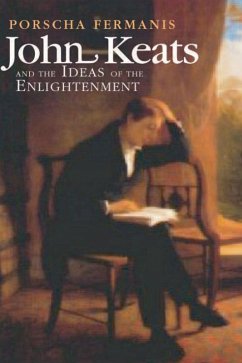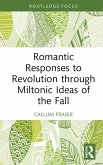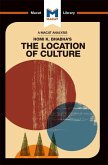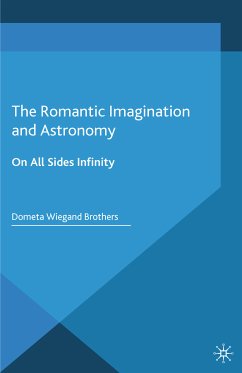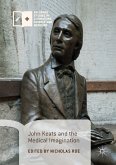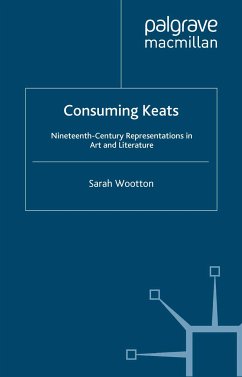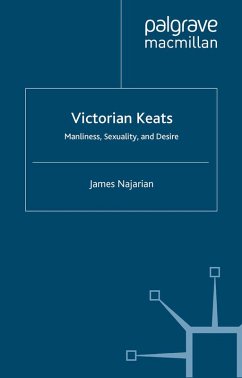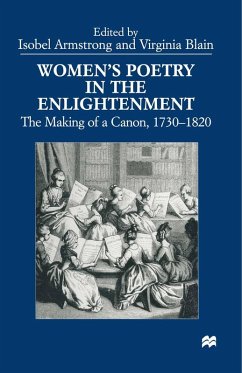John Keats is generally considered to be the least intellectually sophisticated of all the major Romantic poets, but he was a more serious thinker than either his contemporaries or later scholars have acknowledged. This book provides a major reassessment of Keats's intellectual life by considering his engagement with a formidable body of eighteenth-century thought from the work of Voltaire, Robertson, and Gibbon to Hutcheson, Hume, and Smith. The book re-examines some of Keats's most important poems, including The Eve of St Agnes, Hyperion, Lamia, and Ode to Psyche, in the light of a range of Enlightenment ideas and contexts from literary history and cultural progress to anthropology, political economy, and moral philosophy. By demonstrating that the language and ideas of the Enlightenment played a key role in establishing his poetic agenda, Keats's poetry is shown to be less the expression of an intuitive young genius than the product of the cultural and intellectual contexts of his time. Key Features:*The first book-length consideration of the relationship between Keats and the ideas of the Enlightenment*New and distinctive argument about Keats reassessing his intellectual life and contexts*Contributes to our understanding of the relationship between the Romantic period and the eighteenth century/Enlightenment, currently one of the most important debates in literary scholarship*Wide appeal to scholars, postgraduates and advanced undergraduates of eighteenth-century and Romantic period literature, history and philosophy; cultural and intellectual historians; historians of ideas
Dieser Download kann aus rechtlichen Gründen nur mit Rechnungsadresse in A, B, BG, CY, CZ, D, DK, EW, E, FIN, F, GR, HR, H, IRL, I, LT, L, LR, M, NL, PL, P, R, S, SLO, SK ausgeliefert werden.

